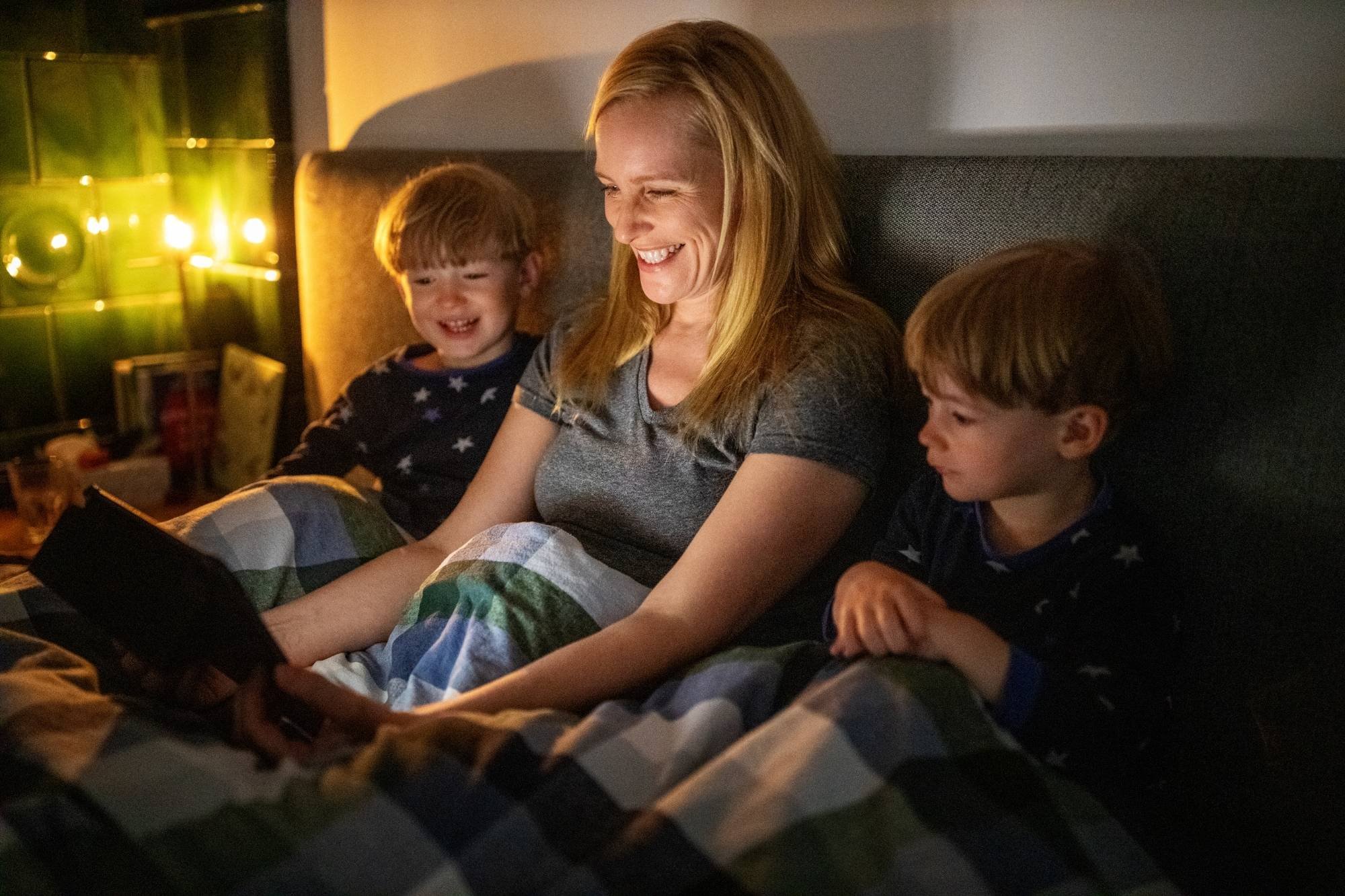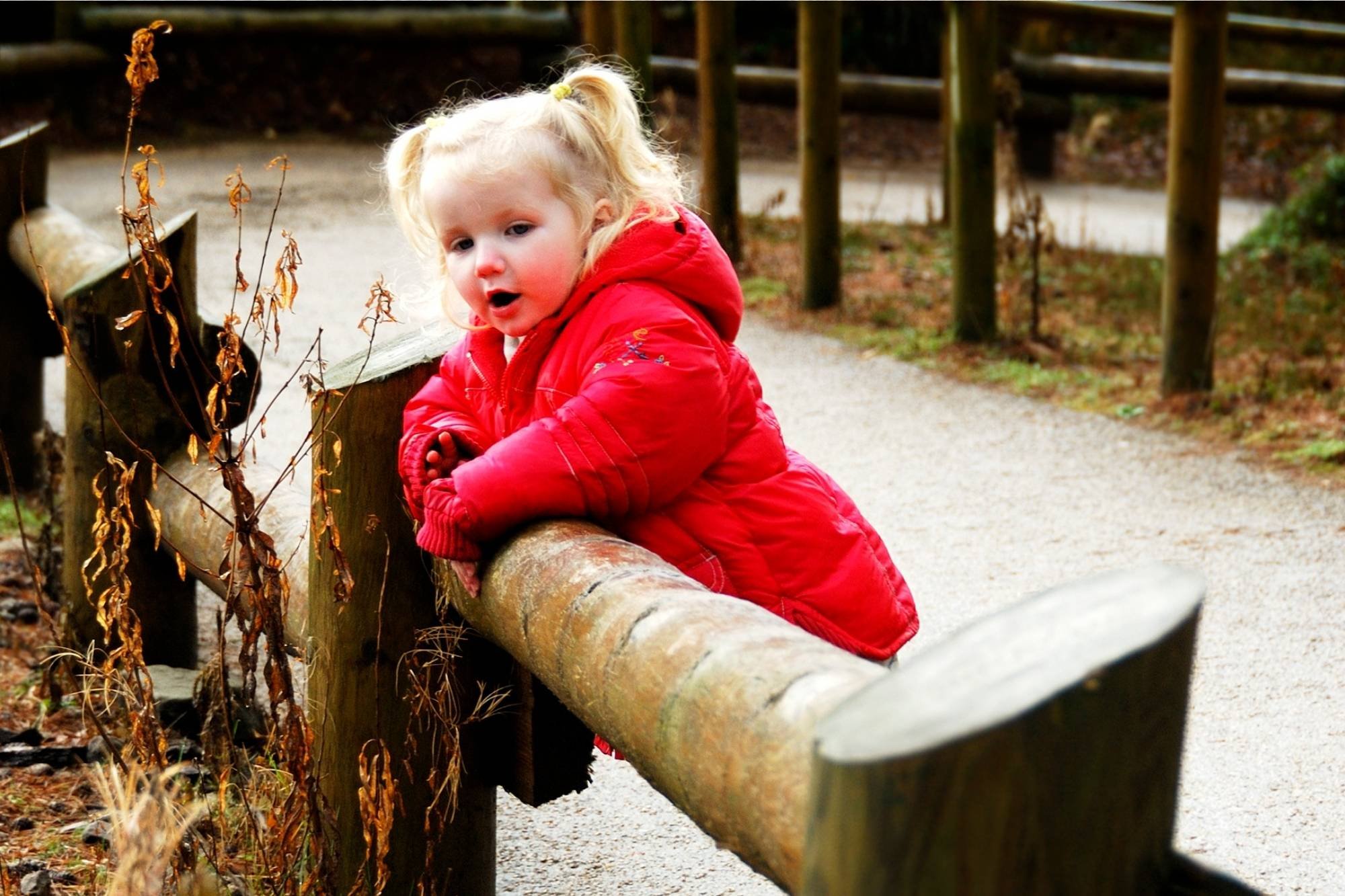One of the toughest things in this pandemic has been watching our children navigate a very strange, isolating new normal. And it’s not just us who are feeling lonely and blue - many parents report picking this same feeling up in their little ones.
One of the biggest ways you can support your child is simply by loving them and encouraging them to express and manage their feelings. This is why the theme of this year's Children's Mental Health Awareness Week is Express Yourself! We've gathered some ideas for supporting your children during lockdown.
1. Create space for your children to express themselves
Children are feeling frustrated at not being able to go out or to go to school, and parents are feeling helpless having to manage their children at home so much. One of the best tools that we can give our children is to help them identify how they are feeling, and then to make a good choice around how they can manage that so that they can feel better.
Rachel, parent of two young boys, shares how she helps her little ones learn about their feelings and manage their emotions.
“We have a wall full of feelings posters, showing images of children expressing a range of different feelings. In front of this we have a big plastic tub, lined with snuggly cushions.
The idea is that the children climb into the safe contained tub and from there are able to use the posters on the wall to help identify and talk about how they are feeling; naming their emotion, identifying how it feels in their body, and finding a way to move forwards.”
2. Acknowledge your child's feelings
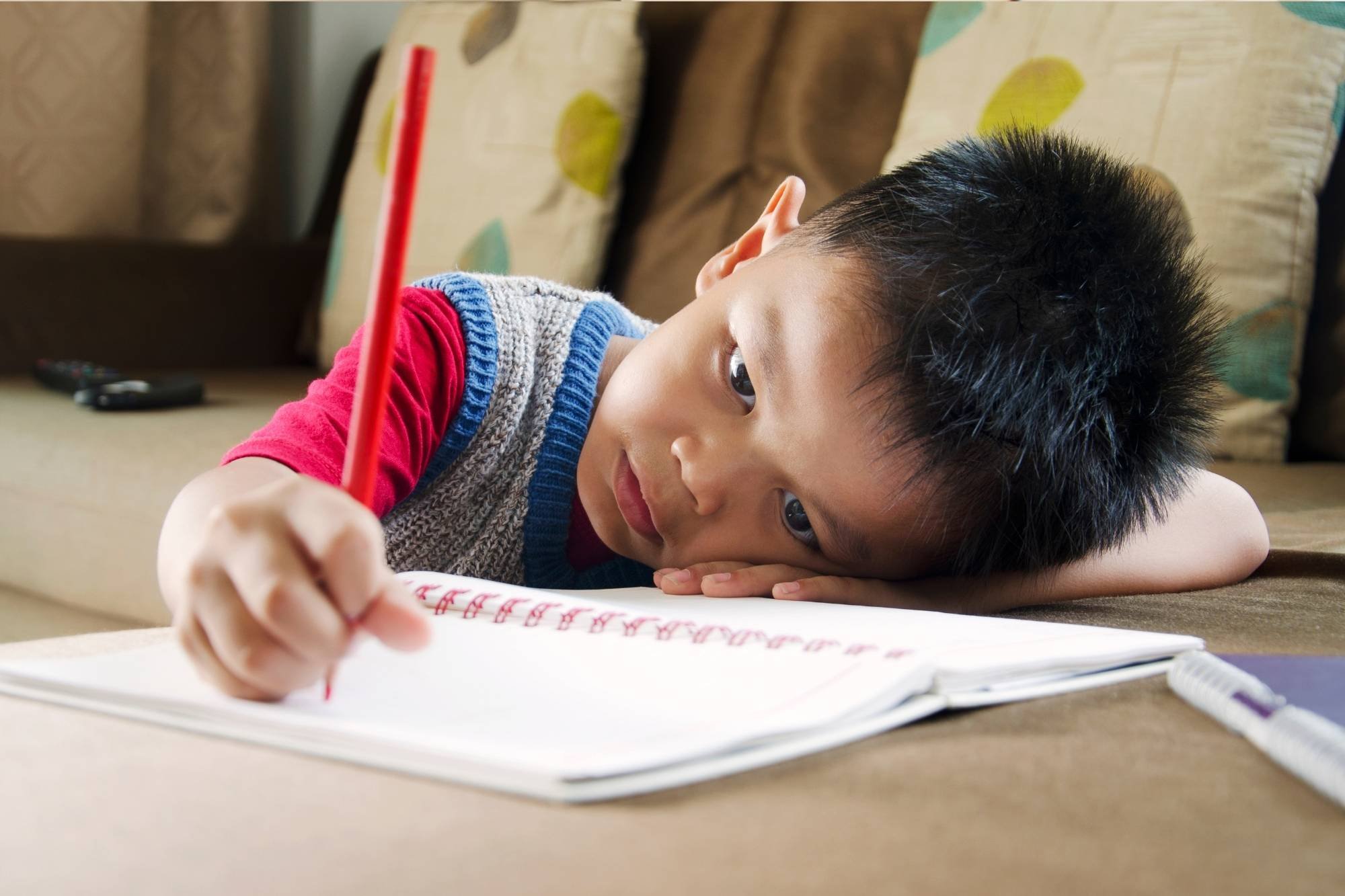
Many parents think their child’s upset is a failure on their part. The result of this is that a lot of us try to hurry them into a different emotional state.
Instead of doing this, allow your little children to feel what they feel, and simply mirror back to them you understand. Label emotions as children experience them. Phrases like ‘I can see you’re feeling...’ allow your child to feel seen and pass through emotions.
You could easily draw different ‘feeling faces’ (including a sad/lonely expression face) on paper and cut these out with your children. Make your own feeling wall and put blankets and soft toys below it.
3. Read books about difficult feelings together
Young children are still learning how to process big emotions. They might not have all the tools or words yet to explain how and why they are feeling a certain way.
Children’s books are an excellent resource for preparing children for life events, and many cover difficult emotions or experiences (like loneliness). Our five favourite books for helping your little one relate their loneliness with an imaginary character are:
- The Colour Monster: A Pop Up Book Of Feelings (ages 3-7)
- I’m Bored (ages 3-8)
- The Invisible String (ages 4-7)
- I'm Calm (ages 3-5
4. Set up virtual playdates and virtual activities
When we see children involved in play, it’s easy to forget how important it is for them. Children are hugely social beings, and there’s a good reason for it! Relationships, and play, are the foundation of a child’s development in the first five years. Play is all about helping children develop physical, social, emotional and cognitive skills.
Instead of arranging calls with your child's friends just for a chat - which children under six often struggle with - try giving them activities to do at the same time. The ones that work best for playing together online include block building, LEGO, imaginary play, arts and crafts or baking, or playing with toys.
These are usually only successful where there's some parent supervision on both sides, so it's sadly not always tea break time for you!
5. Create teamwork activities with your family
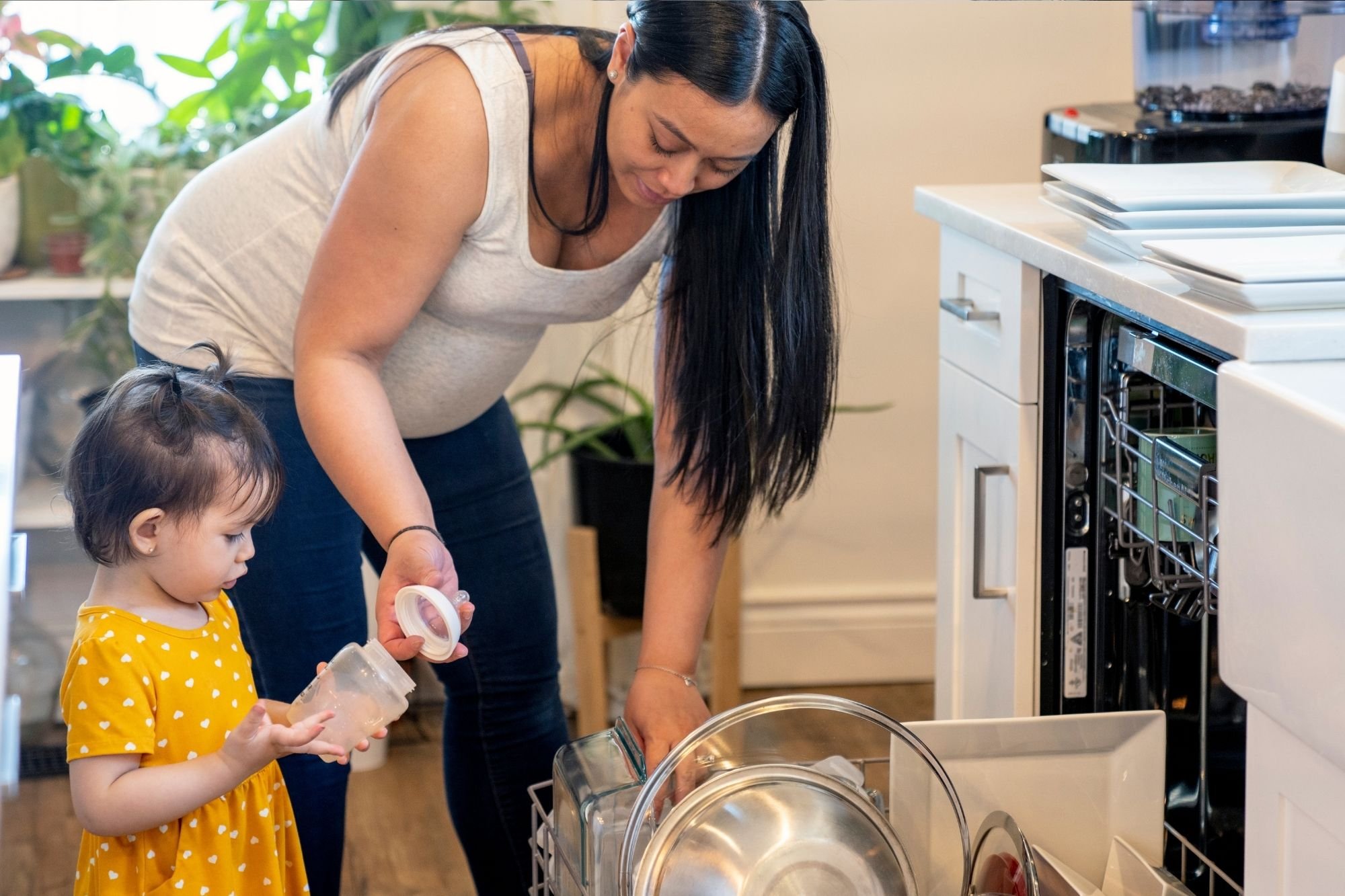
Being a part of a team can help children feel less alone. Try to create new ways for your children to form teams to do an activity, like a tidy-up race or a baking project.
If this idea gives you the shivers (!) simply involve your child in cooking dinner or household chores which you do together, like laundry. This has a massive impact on a child's self-worth and sense of importance, while feeling connected to you.
Children between three and five years old can help to dry plastic and unbreakable dishes or set the table. They can assist with meals, like stirring, or putting their dirty clothes in the basket. When children have a chance to contribute to family tasks, they build confidence, independence, and a sense of responsibility.
6. Connect with your children through mindfulness
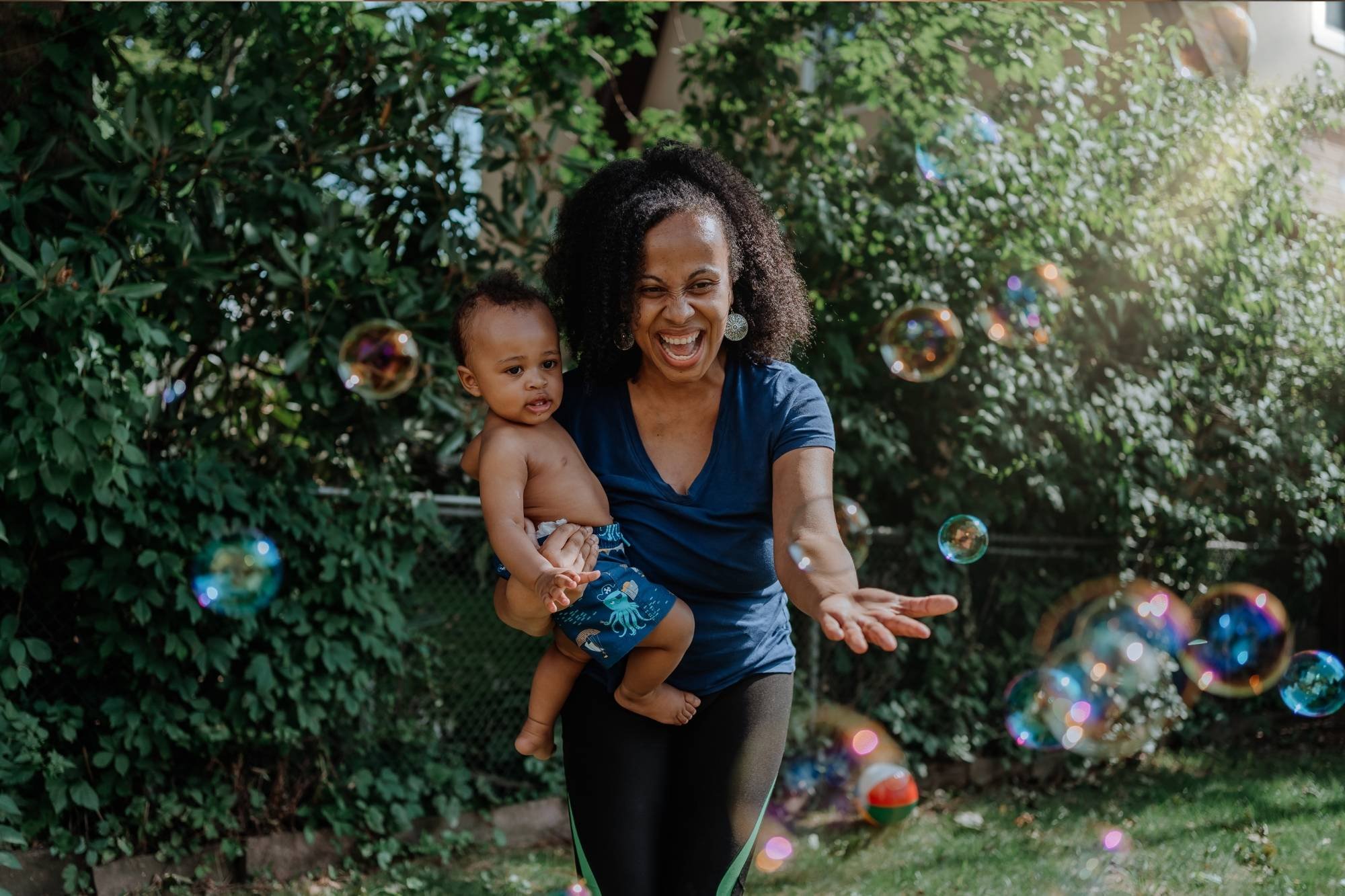
Joe Wicks isn't for all kids! Try Cosmic Kids yoga, which are yoga, mindfulness and relaxation videos designed for children aged 3+. The channel is run by fitness team Jaime and Martin, who use storytelling throughout. It's a lovely way for your children and you to connect and feel close.
If Cosmic Kids isn't for them, give GoNoodle a try. It's a great tool if you want to introduce movement and mindfulness into your daily routine with your children. This is a great one for the whole family to get involved with and feel together.
7. Make time to play together every day
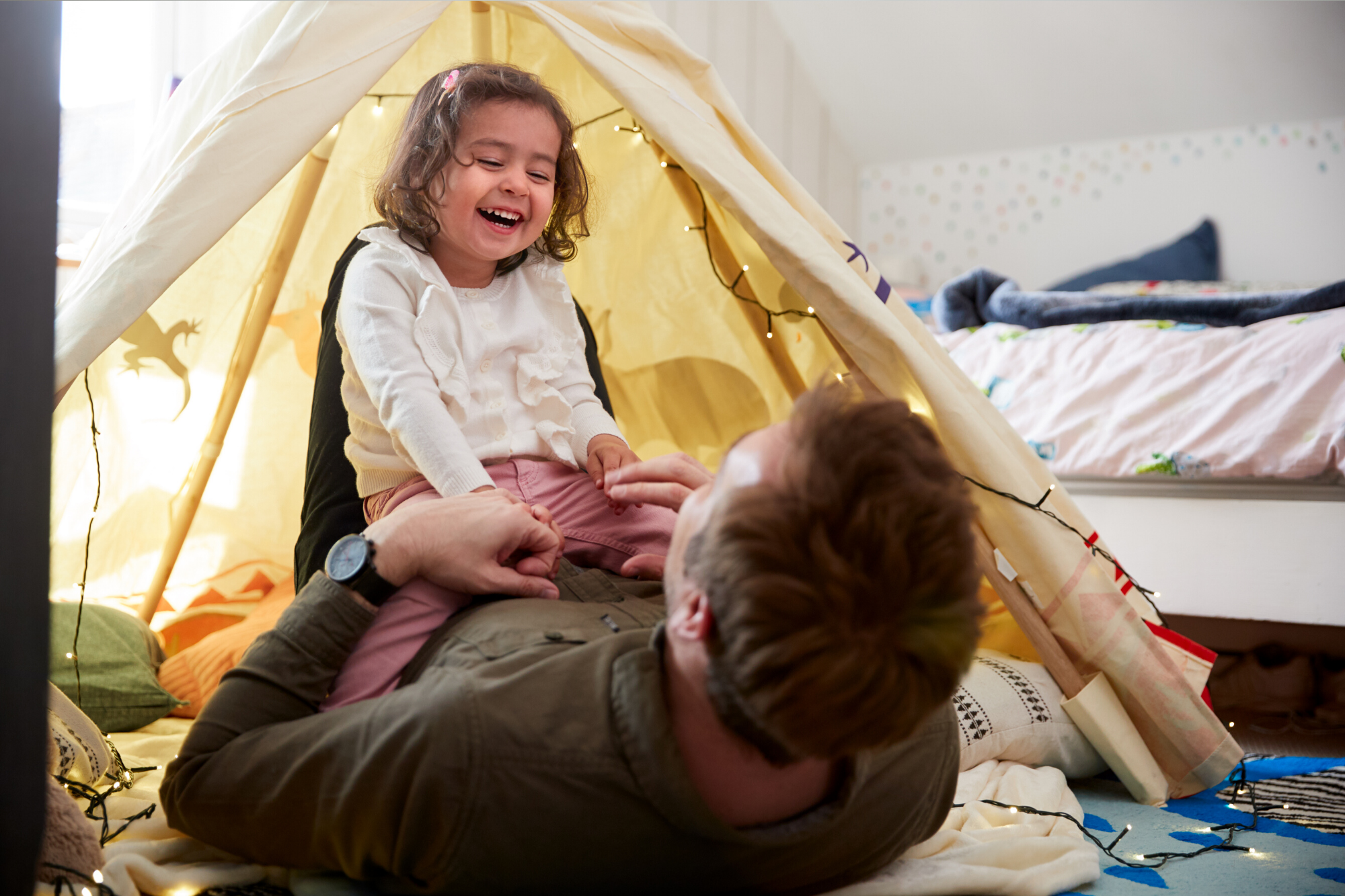
Children often process new or stressful experiences through play and positive, present attention from a loved one. The best protection (resilience) a child has is through their relationship with you.
Make sure that you set aside one-on-one time with your child. This could be as simple as ten minutes at the start and end of every day. Take playtime seriously and show your children you value it by getting involved or simply sitting with them for a set time every day. Just your presence makes a huge difference to a child's sense of isolation.
Reading a book together, talking or playing with their favourite toy are ways to bond and allow your little one to feel that you are present in the moment. Switch off your phone or leave it in the other room so that you are not tempted to check on emails or quickly scroll through social media.
Aim to start and end the day with love, whether it’s a cuddle in bed, playing a game or having a chat. These are the times that will have the biggest overall impact on your child's day.
8. Use exercise to boost family mental health
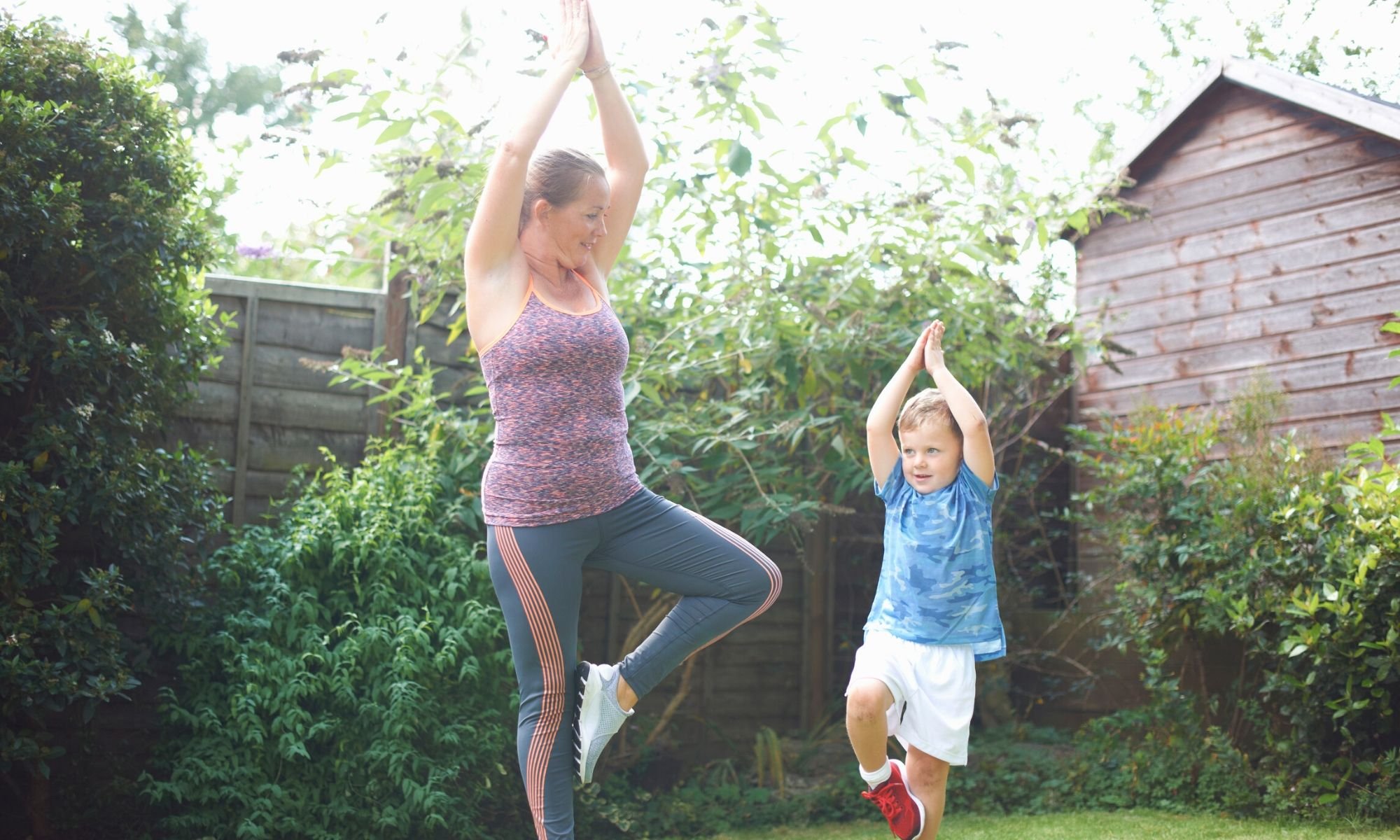
Get some fresh air and exercise together every day – whether that’s walking, running, scooting, skipping or doing an online workout. This is really important for wellbeing and helps to lift our mood, especially as the weather is colder and we are indoors for more time.
Exercise increases endorphins, serotonin and Vitamin D in children (and us). However, the biggest impact of exercise in lockdown is its effect on anxiety - in an interesting study, adolescents who exercise regularly in the earlier part of life showed few symptoms of depression.
Take a ball, have a running race, do a walking treasure hunt or anything that gets your little one moving. Don't feel you have to stick to the same walk every day!
9. Don't be overly concerned about regressions
In these turbulent times, it's hard to process emotions and continue as we did before. Children have their own special ways of showing stress which can be misconstrued as naughty or 'bad' behaviour.
Are your little ones suddenly acting up or seem to have taken a sleep or potty training setback? Many children, without knowing all the details, are feeling some of the same upset adults are. They just tend to show it differently. Wetting the bed, having toilet accidents, waking in the night or throwing tantrums are all normal side effects of change.
Remember that your child is having to cope with their whole world changing - something that can be scary and difficult even when you do have a handle on your emotions.
Approach these regressions calmly and matter-of-factly and avoid drawing attention to them if you can. Offering your child unconditional love and support is all they need right now.
If you're getting worried or have a gut feeling something is not right, check in with the many parenting support organisations, like Place2Be.
And finally, love and care for yourself. You are your child's role model. They know if you don't look after yourself, and they will do the same. You deserve the same level of care as you give out.
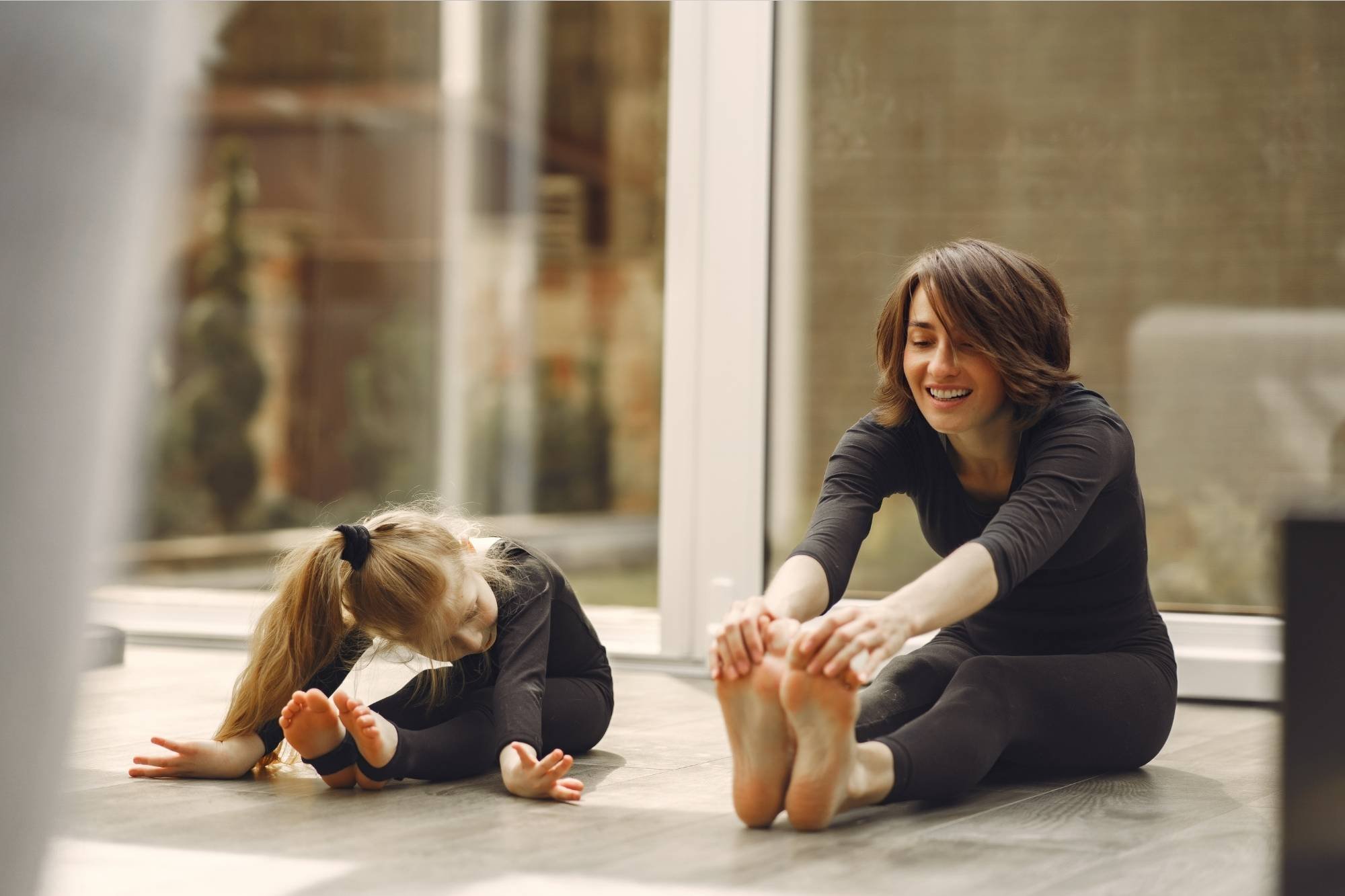
Get Lockdown Support With EasyPeasy
Looking for tips, expert advice and playful games to help you through lockdown? We've got you covered with the EasyPeasy parenting app!
Created to support the parents of 0 to 5-year-olds, EasyPeasy is full of tips and ideas to keep your little one busy. You can expect practical advice, playful games and more to help you connect with your child.
Plus, there’s extra content from partners Scouts, LEGO and NCT, and you can share your own tips through the new parent community sharing feature.







